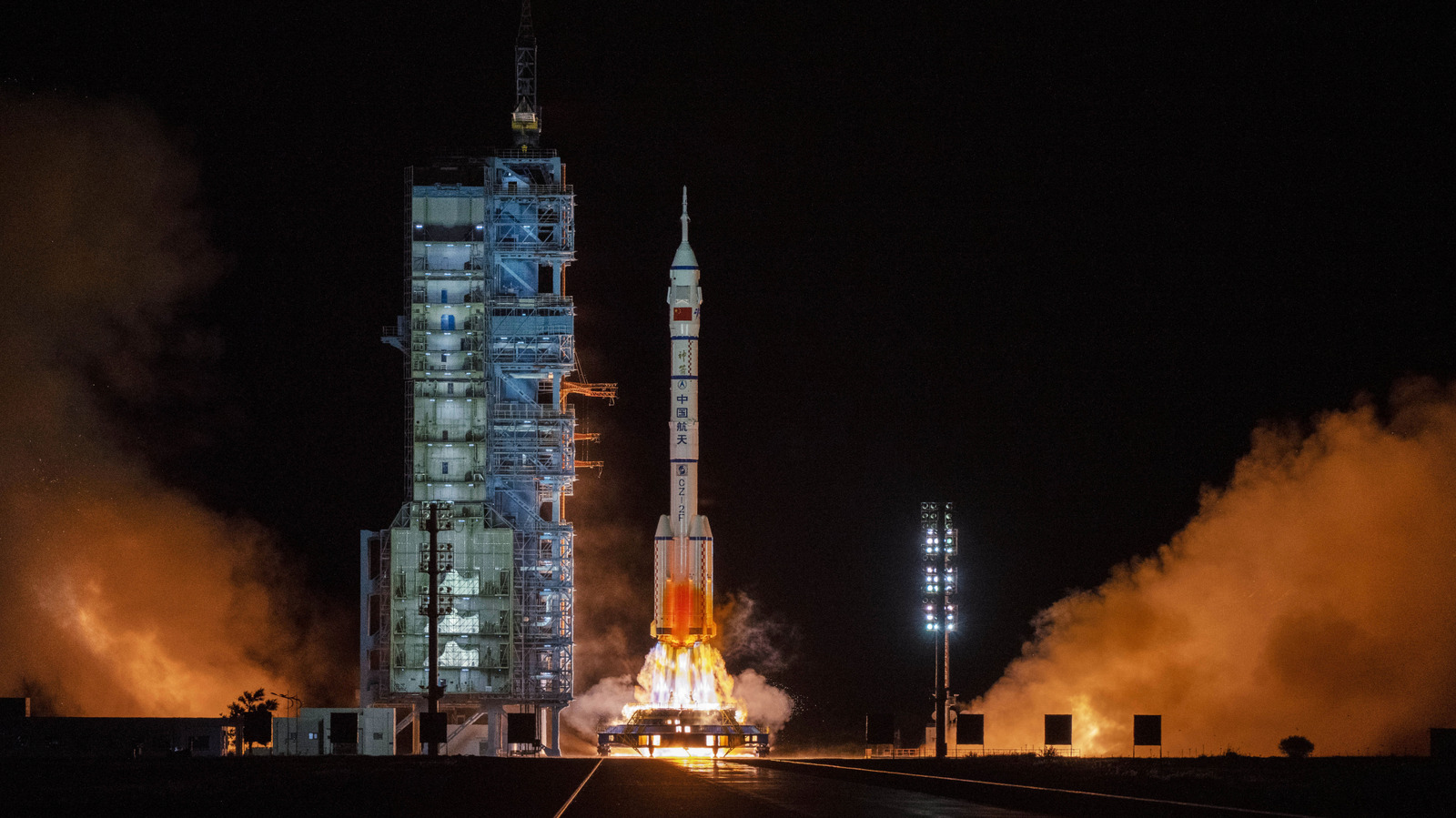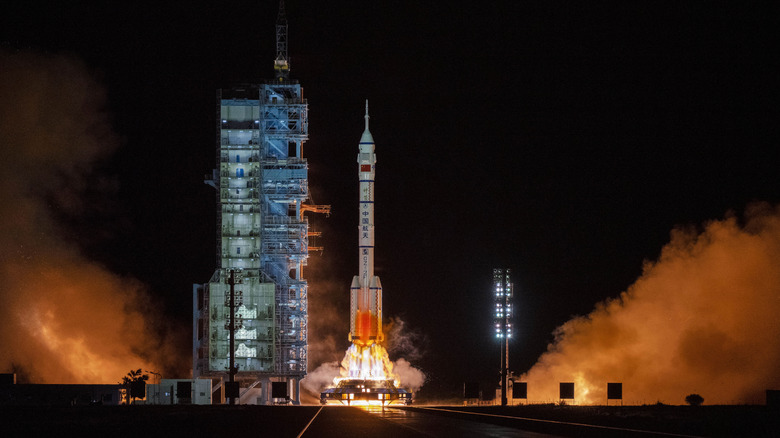Over a half-century after the triumph of Apollo, it’s frustrating to see China take the lead in a new space race as the White House shackles NASA to exert political control. The China Manned Space Agency (CMSA) successfully tested its Lanyue lunar lander earlier this month. The test was another step towards delivering two taikonauts to the Moon’s surface by 2030. It’s a much different story on the other side of the Pacific. NASA awarded SpaceX the contract in 2021 to develop the Artemis program’s lander, but Elon Musk’s private space company has yet to successfully test the vehicle vital for the American effort to return to the Moon.
CMSA tested the Lanyue lunar lander at a facility outside of Beijing on August 6. According to Ars Technica, the lander was strapped to massive tethers to simulate the lower gravity on the Moon. Engineers used the vehicle’s engines and thrusters in a mock landing and ascent on a fabricated cratered surface. The Lanyue is composed is a 57,000-pound two-part vehicle designed for a staged descent. A propulsion module will detach from the stack during landing. As the powered lander carrying two taikonauts is making a soft touchdown, the propulsion segment will smash into the Moon.
Artemis is lagging behind China’s efforts
The successful Lanyue test and last week’s test firing of the Long March 10’s center core, the rocket that will fly the lander to the Moon, show that China’s lunar program is on pace to meet its deadline. On the other hand, Artemis seemingly can’t meet any deadline. SpaceX planned for its Starship lander to undergo a similar landing and ascent test in January 2024. The test was delayed to 2025 and has yet to take place. With the lander, the already delayed Artemis III mission might feature a lunar landing in 2027 if the current timeline holds.
China beating Artemis to the Moon would deal a heavy blow to the domestic image of American exceptionalism and the promise of space commercialization. For a hypothetical, let’s take our minds back to the Space Race. Imagine if Soviet cosmonaut Alexei Leonov stepped out of a LK module in 1969 to become the first human to set foot on the Moon. Things weren’t going great for the United States in 1968. The Tet Offensive convinced the American public that the Vietnam War would never be won and that thousands of young Americans were dying for nothing. The assassinations of Martin Luther King Jr. and Robert F. Kennedy and the passage of the Fair Housing Act served as a bittersweet premature end to the civil rights movement. The Red Banner being planted on the lunar surface would have left an indelible mark on the American psyche. It’s hard to argue that a different Red Banner wouldn’t have a similar impact in the 21st century.




